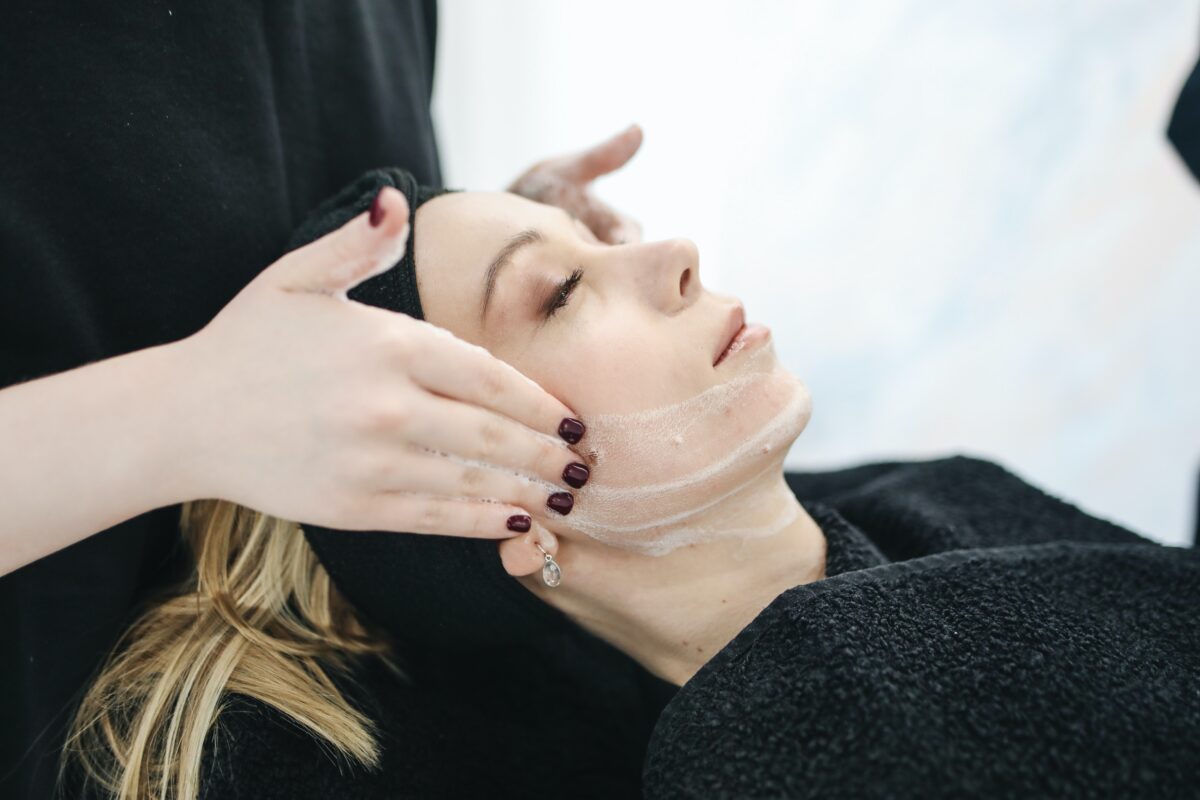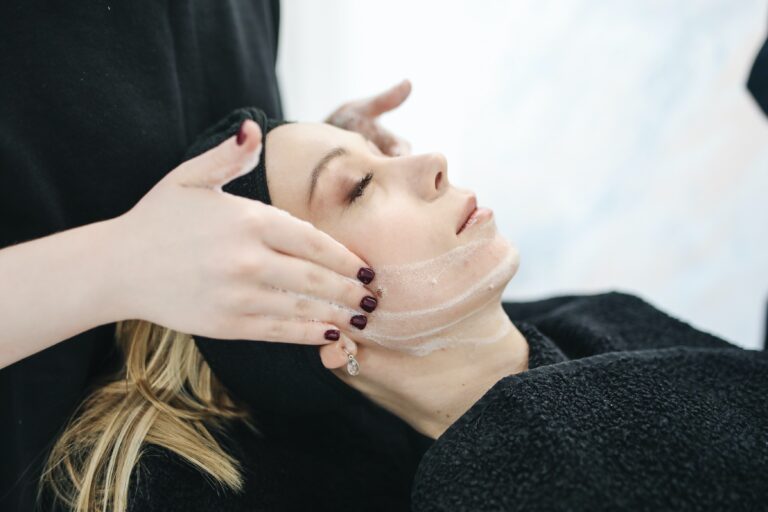Are wrinkles genetic? Get your LifeDNA test today.
Aira
on
April 7, 2023

Are wrinkles genetic? Get your LifeDNA test today.

As you age, so does every part of your body. That’s just life and there’s no way around it, save delaying the aging process via cosmetics and procedures. One of the most natural and evident parts of aging is facial wrinkles. They are lines and creases on the skin that develop the older you get. Some are more prominent than others and genetics play an important role in this variation.
There are treatments and options that can help smoothen wrinkles or at least minimize their appearance. Facial wrinkles are typically harmless but can bother some people who are conscious of their physical appearance. Although genetics will mostly determine how likely or obvious your wrinkles will be based on skin texture and structure, other factors may also exacerbate facial wrinkles. Sun exposure is the number one culprit.
Facial Wrinkles and Other Skin Traits
Your genes have a lot to do with your skin texture, structure, and the way it will respond to certain treatments and skin care. For those with seemingly amazing, flawless skin, it may be a combination of both good genetics and high-maintenance skincare and procedures. There are also other things to consider such as the climate, your stress levels, and even the foods you eat.
Are Wrinkles Genetic?
Studies suggest that facial wrinkles are hereditary. This is largely due to the fact that plenty of skin conditions are genetic and even the elasticity, type, and structure of your skin can be influenced by certain genetic variations. There are skincare routines to keep skin young but how your skin will react to them may vary. Meaning, what works for others might not necessarily work for your skin type.
The same goes for treating facial wrinkles. Some skin types respond differently to medical and cosmetic procedures. In any case, protecting your skin from too much UV exposure, lessening alcohol intake, and reducing or removing smoking habits are always good steps towards better skin.
Want to know more about your genetic likelihood of developing facial wrinkles and unlock personalized skincare suggestions that can help prevent and manage this condition? Unlock LifeDNA’s skincare report today
Skincare Insights from the LifeDNA’s DNA Test

Wrinkles are not the only skin conditions that can be inherited. There are others that may require more serious medical attention if left untreated. Knowing more about your genetic variation can help you find out which of these skin conditions you are more susceptible to.
Rosacea
A chronic condition, rosacea is an inflammatory skin condition. It primarily affects areas of the face such as the cheeks, forehead, nose, and chin. It is most common and evident in fair-skinned people because they cause the skin to appear red, flushed, and sometimes a bit swollen. While not curable, rosacea is manageable with certain topical and oral medications.
Acne
A common skin condition mostly seen as a dilemma for teenagers and young adults, acne may vary in severity. When the skin produces too much sebum, your follicles can clog and pimples may form. These pimples may multiply and be inflamed for a period of time. Acne can be uncomfortable but is highly treatable.
Varicose Veins
Varicose veins (VVs) commonly appear on the legs. They are swollen and twisted veins that can be a pain both medically and aesthetically. They can cause swelling of the legs and feet as well. While not usually painful, they can cause muscle cramps, swelling, and itching.
While wrinkles may be undesirable to many, there are many age-positive movements nowadays that celebrate facial wrinkles and other physical changes in the body as you age. They are a testament to your many adventures in life.
Whether you feel good or bad about facial wrinkles, knowing more about what causes them and what you can do should you want to lessen them might ease your worries a bit. Want to reveal your most beautiful complexion based on personalized skincare insights? Try LifeDNA today.
*Understanding your genetics can offer valuable insights into your well-being, but it is not deterministic. Your traits can be influenced by the complex interplay involving nature, lifestyle, family history, and others.
Our reports have not been evaluated by the Food and Drug Administration. The contents on our website and our reports are for informational purposes only, and are not intended to diagnose any medical condition, replace the advice of a healthcare professional, or provide any medical advice, diagnosis, or treatment. Consult with a healthcare professional before making any major lifestyle changes or if you have any other concerns about your results. The testimonials featured may have used more than one LifeDNA or LifeDNA vendors’ product or reports.
- Category: Wellness


